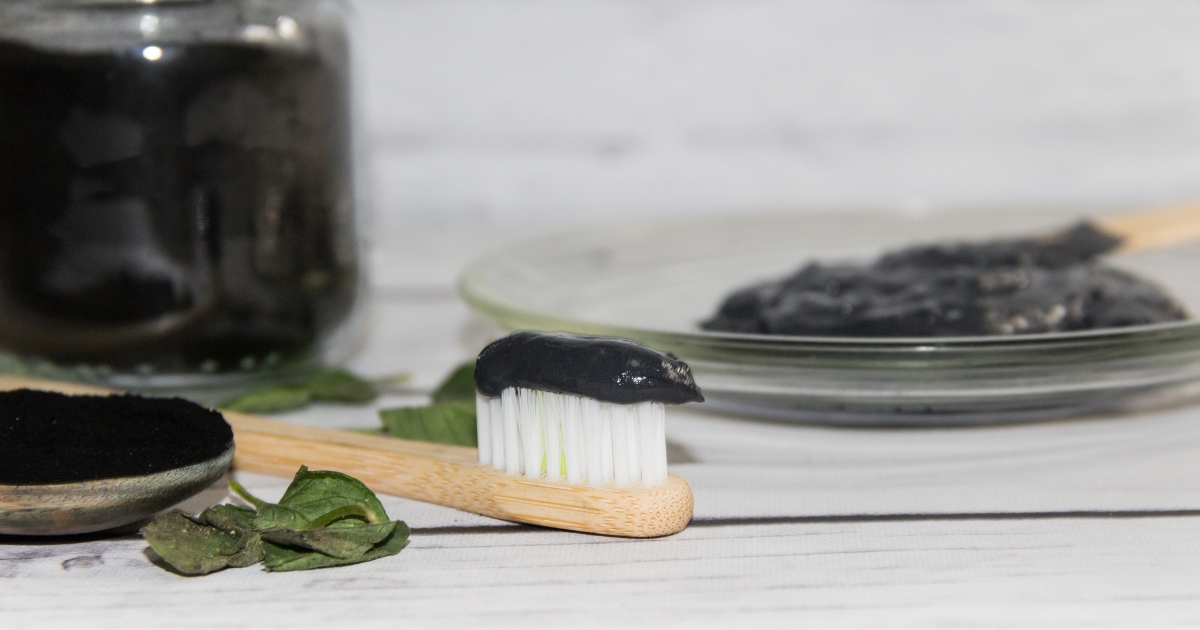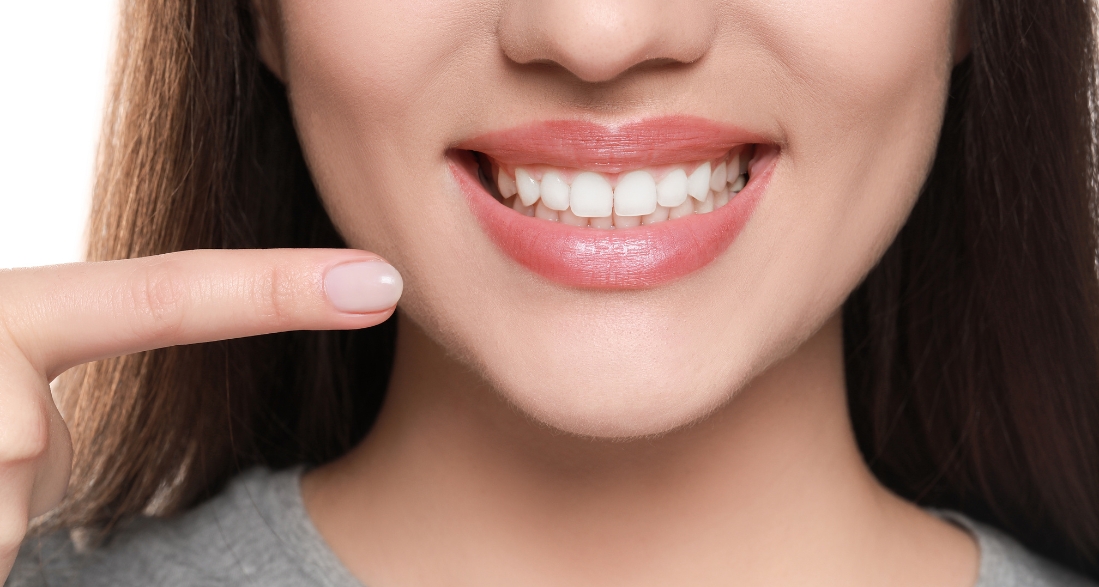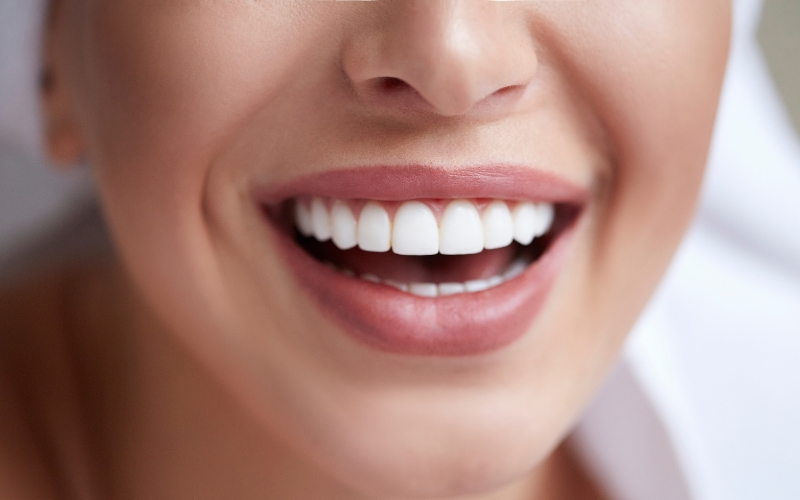Call: 313-295-3300
Is Charcoal Toothpaste Safe for Your Teeth?


By Telegraph Family Dentistry of Taylor
You’ve likely seen charcoal toothpaste popping up in your local store or mentioned in ads claiming it’s the next big thing in dental care. With its jet-black color, it’s hard to miss. But just because something is trendy doesn’t always mean it’s good for you. So, is charcoal toothpaste safe for your teeth? Let’s dig into what this black paste offers and whether it deserves a spot in your bathroom cabinet.
What Is Charcoal Toothpaste?
Charcoal toothpaste isn’t your average whitening product. It’s made with activated charcoal, a carbon-treated form, to increase its surface area and make it more porous. This unique quality allows activated charcoal to bind to particles and chemicals, which is why it’s used in emergency rooms to treat certain types of poisoning. But when it comes to your teeth, it’s marketed as a way to absorb stains and whiten your smile naturally.
Does Charcoal Toothpaste Work?
Charcoal toothpaste manufacturers boast that it can remove stains from coffee, wine, or tobacco, promising a whiter smile. While it might appear to lift surface stains, that doesn’t necessarily mean it’s safe for your teeth. There’s not enough solid evidence yet to confirm that charcoal toothpaste is an effective long-term whitening solution.
Key Points to Consider:
- Surface Stains Only: Charcoal can scrub away surface-level stains, but it doesn’t whiten the deeper layers of enamel. That means while your teeth might look cleaner initially, it’s not making your teeth whiter in the way professional whitening treatments do.
- Abrasion Concerns: The gritty texture of activated charcoal could wear down your enamel if used too often, increasing sensitivity and even damage over time. Enamel doesn’t grow back, so once it’s worn away, it’s gone for good.
Risks of Using Charcoal Toothpaste
Charcoal toothpaste might seem like an appealing shortcut to whiter teeth, but the potential risks can’t be ignored. Here’s what you should consider before diving into the trend:
- Enamel Damage: The rough texture of activated charcoal can act like sandpaper on your teeth. This abrasive action can wear down the enamel, which protects your teeth from decay and sensitivity. As the enamel erodes, it leaves your teeth vulnerable to cavities and pain, which isn’t worth the price of a brighter smile.
- Gum Irritation: Charcoal can also irritate your gums. Since the particles are coarse, they may cause minor cuts or irritation to your gum tissue, leading to inflammation or soreness.
- No Fluoride Protection: Most charcoal toothpaste brands don’t contain fluoride, a key ingredient that strengthens enamel and fights cavities. You leave your teeth defenseless against decay without fluoride, mainly if you use charcoal toothpaste as your main product.
- Stain Buildup: Oddly enough, while charcoal toothpaste is supposed to remove stains, it may have the opposite effect if misused. The particles can get lodged in the cracks and crevices of your teeth, causing a grayish tint over time. It’s the last thing you want when trying to brighten your smile.
Should You Use Charcoal Toothpaste?
Before jumping on the charcoal bandwagon, it’s essential to weigh the pros and cons. While it might seem easy to brighten your teeth, the long-term risks could outweigh the temporary benefits.
Things to Think About:
- Occasional Use Might Be Okay: If you’re dead set on trying charcoal toothpaste, it’s best to use it sparingly—perhaps once a week instead of daily. This can reduce the risk of enamel wear while still giving you the satisfaction of a cleaner smile.
- Consult Your Dentist: If you’re unsure whether charcoal toothpaste is safe for your teeth, your dentist is your best resource. They can offer personalized advice based on your dental health and suggest safer alternatives if needed.
Alternatives to Charcoal Toothpaste
If whitening your teeth is your goal but charcoal toothpaste seems too risky, don’t worry—safer, dentist-approved options are available. Here’s a look at some alternatives:
- Whitening Toothpaste: This toothpaste is designed to gently remove surface stains without the harsh abrasiveness of charcoal. It often contains mild abrasives and bleaching agents to help maintain a whiter smile over time.
- Whitening Strips or Trays: Over-the-counter whitening kits, like strips or trays, are a more effective way to whiten teeth. These products use safe levels of hydrogen peroxide to brighten your smile without damaging the enamel.
- Professional Whitening: For a dramatic transformation, a professional teeth whitening treatment from your dentist is the safest and most effective way to whiten teeth. They’ll customize a solution that suits your needs without the risks associated with abrasive pastes like charcoal.
How to Care for Your Teeth Safely?
While a whiter smile might seem the goal, protecting your teeth should be the top priority. Here are some simple tips to maintain your oral health and keep your teeth looking great without risking damage:
- Brush Gently: Clean your teeth twice a day with a soft-bristled toothbrush and non-abrasive toothpaste. Hard brushing can wear down the enamel, so brush gently but thoroughly.
- Floss Daily: Flossing is essential for removing food particles and plaque between your teeth, preventing staining and decay.
- Limit Staining Foods: Coffee, wine, and tobacco are notorious for staining teeth. Limit your consumption of these, and rinse your mouth with water after indulging to prevent stains from settling in.
- Visit Your Dentist Regularly: Regular dental check-ups and cleanings are vital to maintaining a healthy smile. Your dentist can catch potential issues early and offer professional advice on keeping your teeth white and firm. Consult the professional whenever you have questions.
The answer to whether charcoal toothpaste is safe for your teeth is more complex than it seems. While it might offer short-term stain removal, the long-term risks—like enamel erosion, gum irritation, and lack of fluoride protection—raise concerns. If you’re looking to whiten your teeth, safer, more effective alternatives are available that won’t compromise your dental health.
In the end, it’s always better to play it safe. Charcoal toothpaste may look trendy, but your smile deserves the best care possible. Stick to products and treatments proven safe for your teeth, and you’ll be smiling confidently for years to come.




